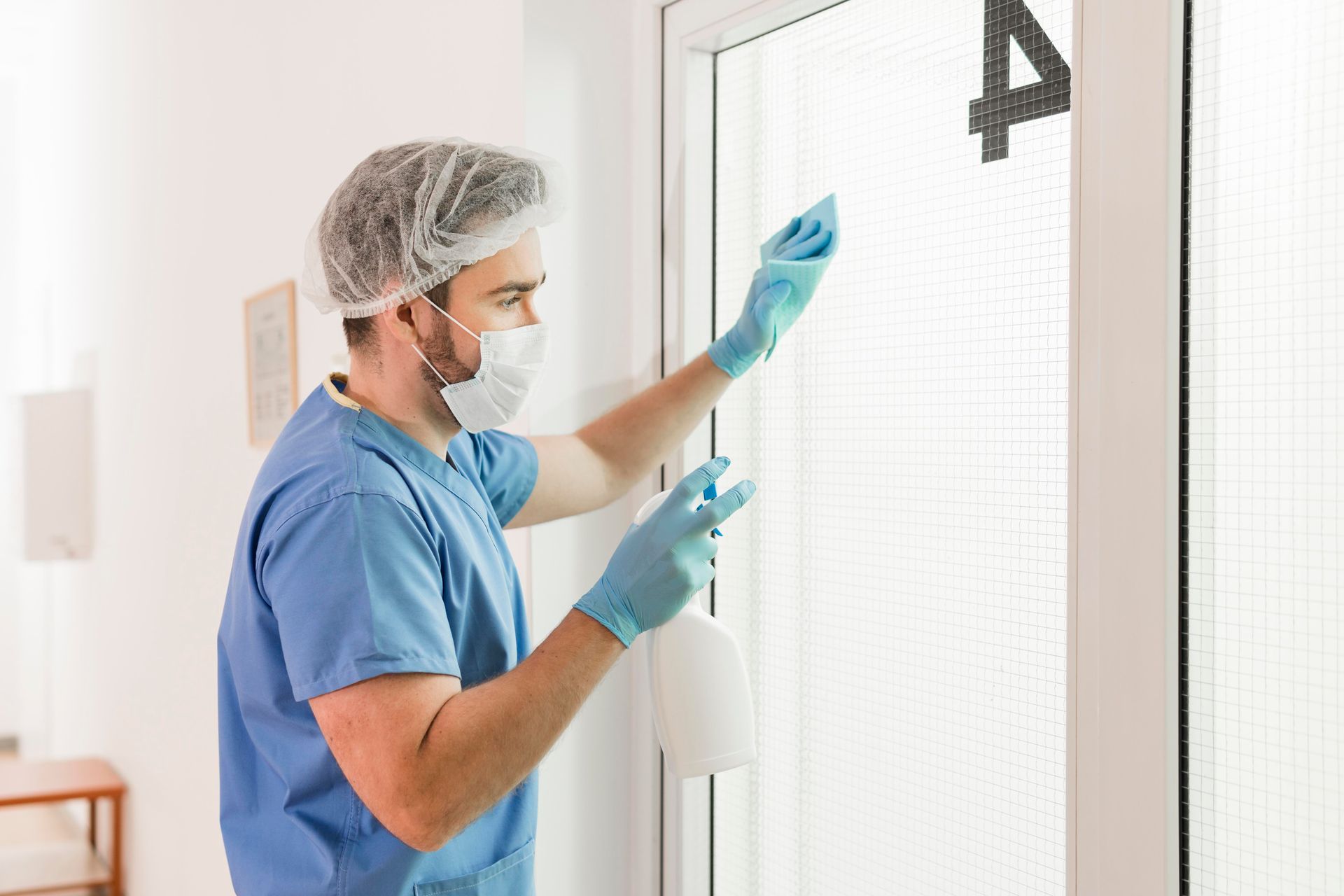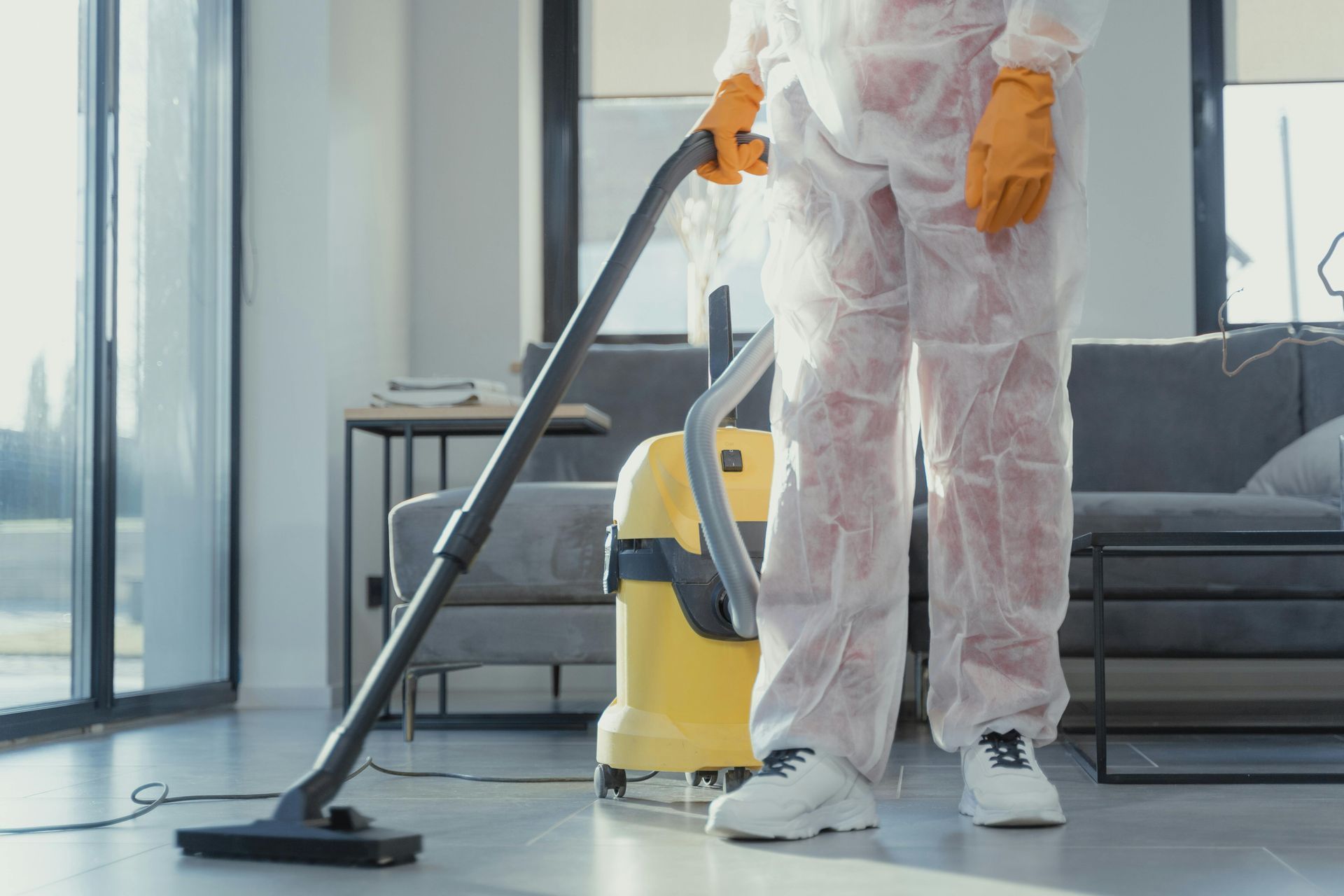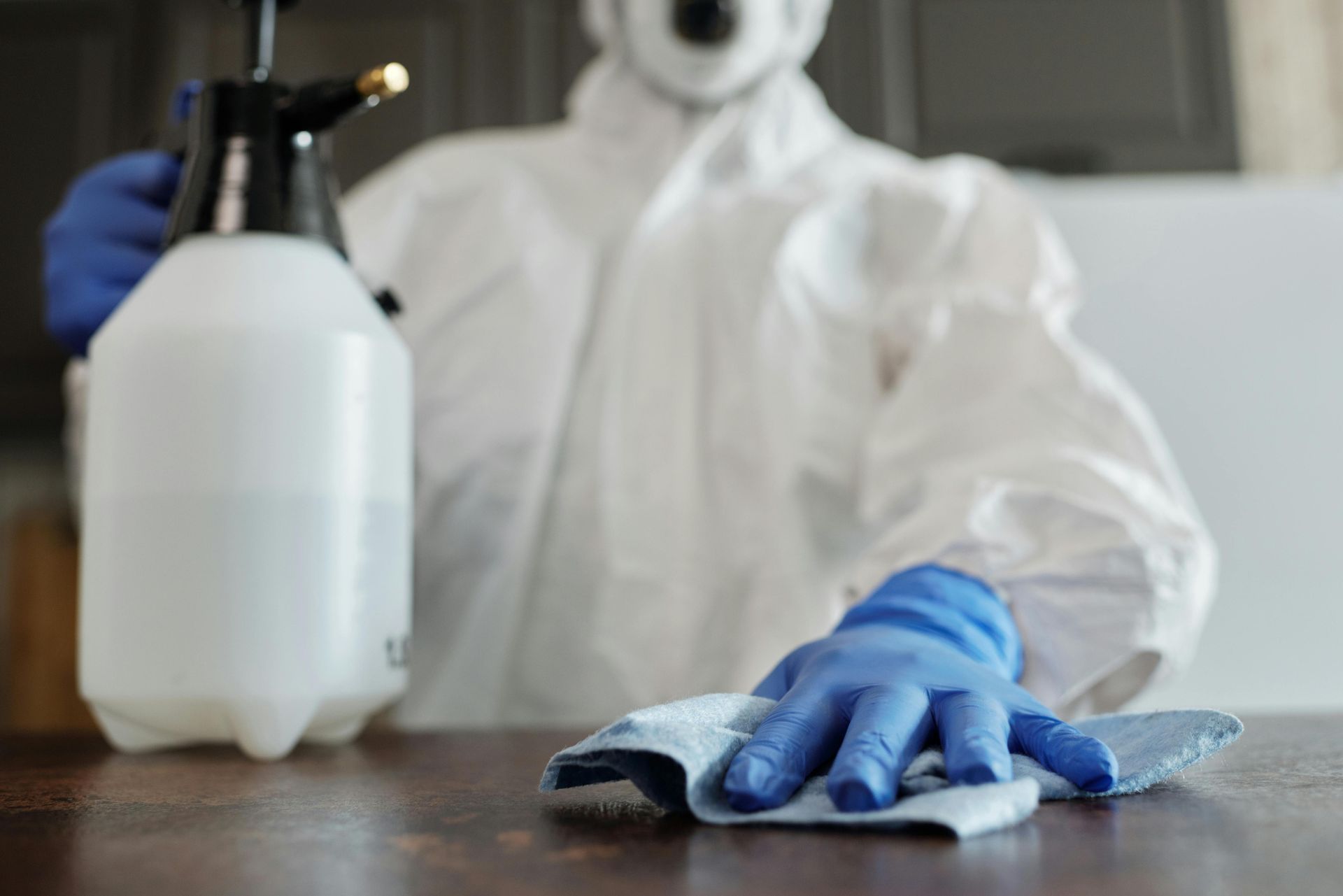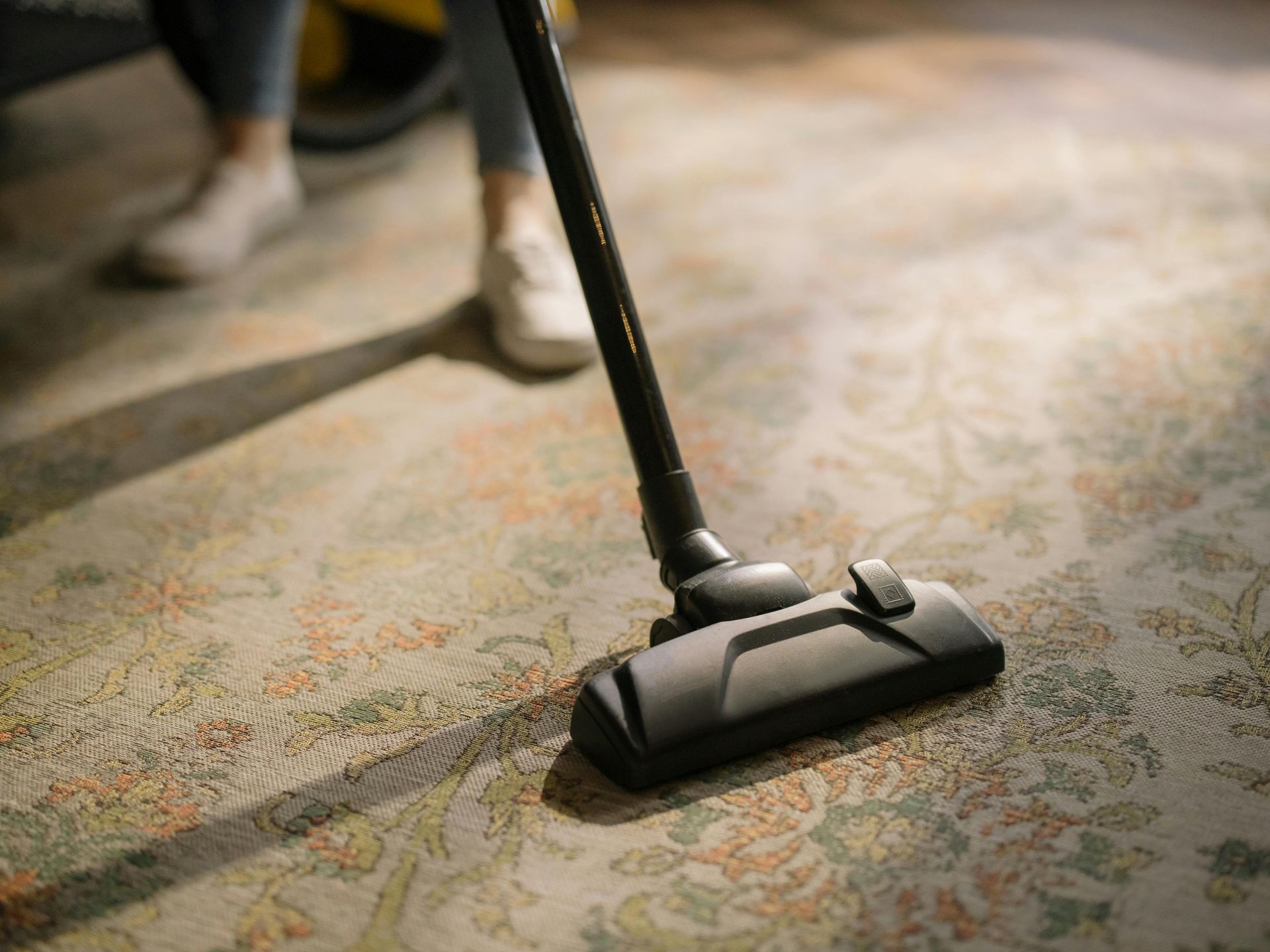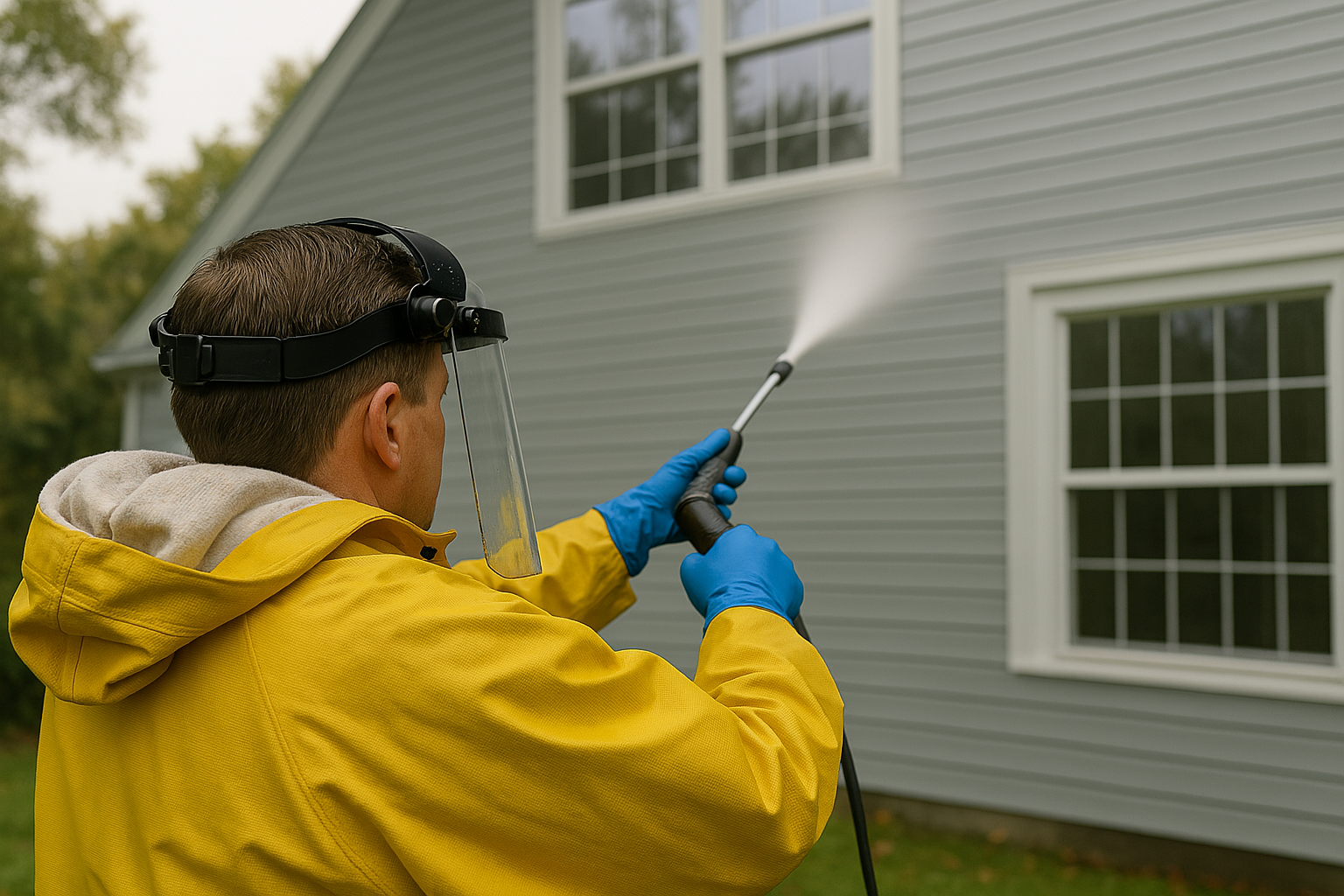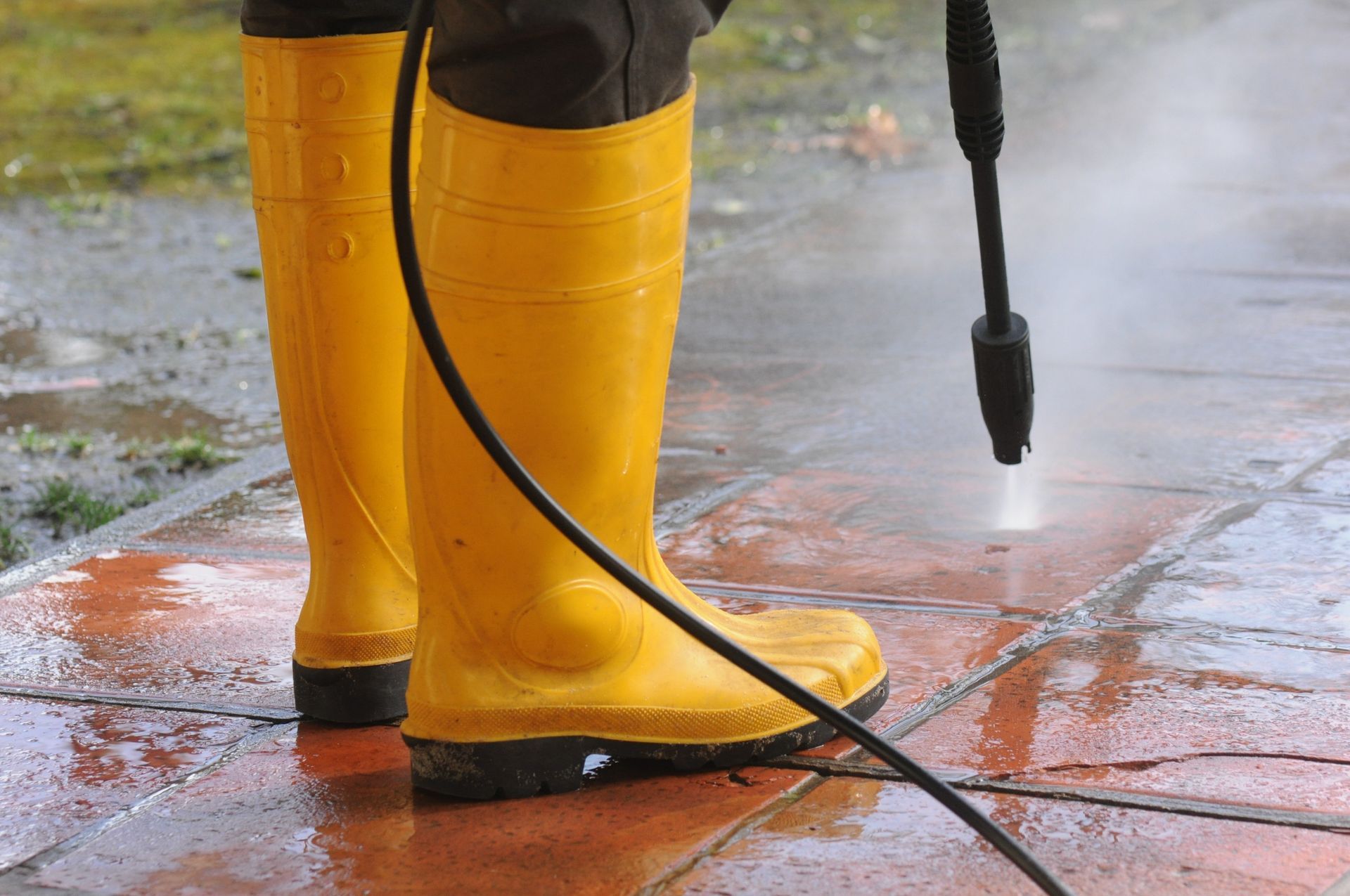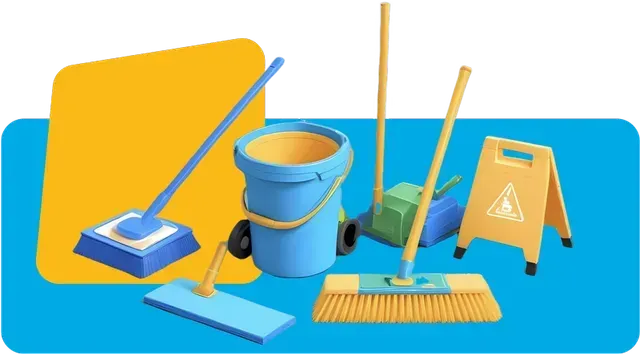How Clean is Your Office - Why Workplace Hygiene Matters
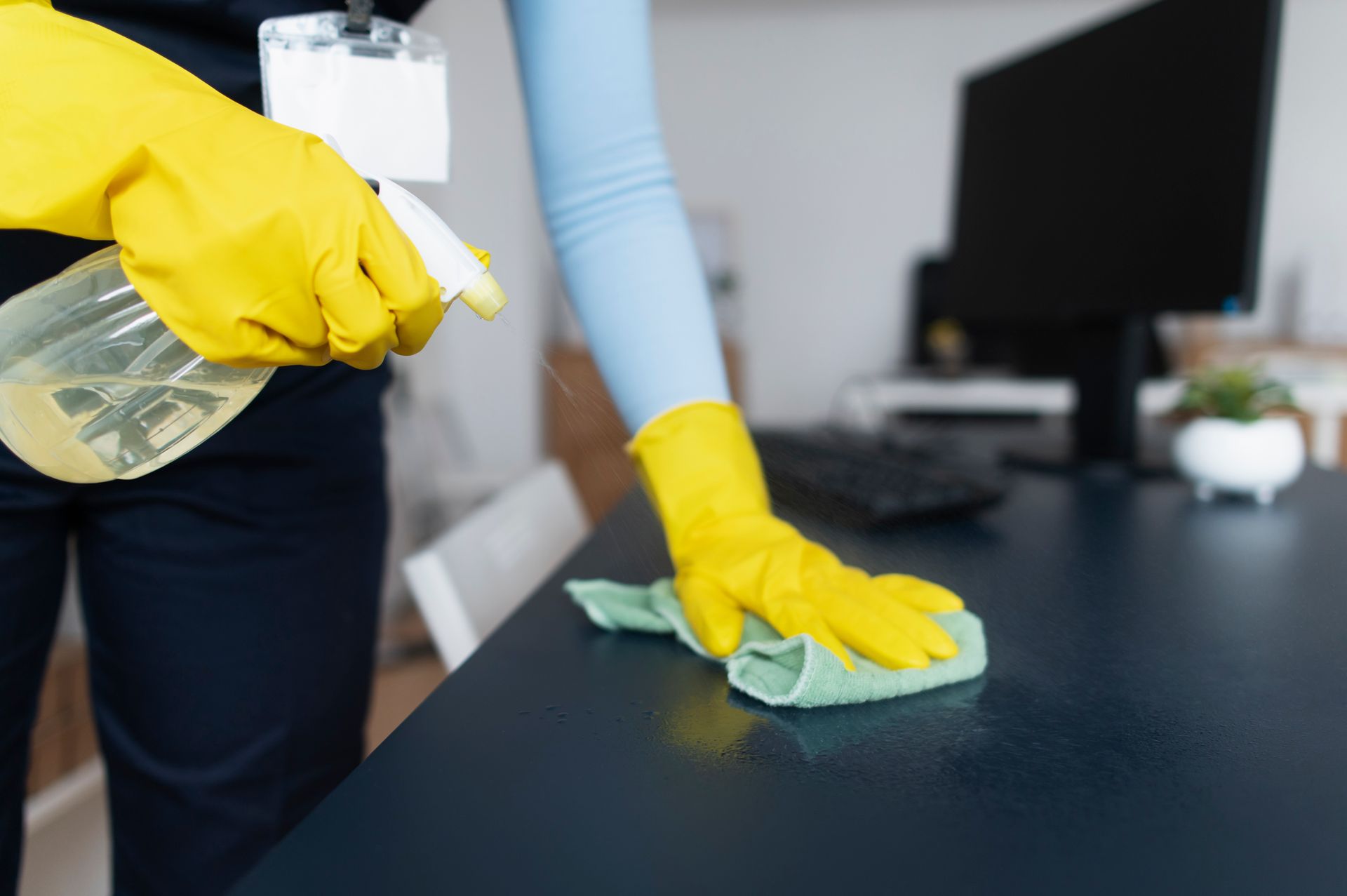
In fast-paced modern businesses, where even the smallest details can significantly influence success, workplace hygiene often takes a backseat to other priorities.
However, for companies that are constantly struggling to enhance their efficiency and retain top talent, maintaining a clean and organised office is no longer optional, it’s essential!
Neglecting poor hygiene in your workspace can mount a bigger problem, i.e. from affecting the employee’s health and morale to even damaging the company’s reputation.
An article published by Facility Management Magazine says that three out of four Aussie office workers believe that poor office hygiene indicates their employer doesn’t care about them.
Hence, a clean office nurtures a sense of professionalism and creates an environment where employees feel valued and motivated.
The State of Office Hygiene in Australia
Maintaining a clean office environment is a critical yet often overlooked aspect of running a business.
Recent research by Winc indicates that 63% of Australian office workers believe their employers should take adequate steps to ensure a safe and hygienic workplace. Moreover, 23% indicated that their organisation needs to increase its efforts to keep the workspace hygienic.
Common hygiene issues faced by Australian workers include poor cleaning of high-touch surfaces, cluttered workspaces, and inadequately maintained shared spaces like kitchens and restrooms.
The lack of regular and thorough cleaning in these areas increases the number of sick leaves, which ultimately disrupts business operations and productivity.
Therefore, addressing hygiene concerns promptly is essential for businesses to maintain a safe and healthy work environment.
Reasons Why a Clean Workplace Is Important?
There are plenty of reasons why workplace cleanliness is crucial.
Let’s talk about them in detail!

A clean and well-maintained office significantly influences employee productivity.
Employees who work in a clean and tidy environment feel less distracted and more motivated to perform their tasks efficiently. The reason is that all the employees are less likely to feel overwhelmed or disorganised when working in a well-ordered environment.
Clean offices also contribute to smoother workflows.
For example, an uncluttered desk makes it easier to find essential documents, while clean meeting rooms create a favourable environment for brainstorming and discussions.
Contrarily, a dirty workspace leads the workers to distraction, significantly reducing their productivity.
Hence, distraction in the workplace costs your business valuable man-hours, so it is something that needs to be cut down on.
Improved Employee Morale

A clean and organised workspace reduces stress and creates a sense of calm, order, and functionality. This type of environment helps employees to focus better on their tasks and feel more confident in their surroundings.
When everything is in its place, you’ll find it easier to keep track of the papers, documents, and other office supplies. This sense of an organised arrangement not only enhances an individual’s self-esteem but also creates a collective feeling of efficiency and accomplishment.
Engaging employees in cleaning and organising can further strengthen morale by encouraging camaraderie and teamwork.
Positive Company Image

The appearance of your office is a direct reflection of your business values.
A clean workspace positively creates a strong first impression on whoever sees it. For clients visiting your workspace, a well-maintained office signals professionalism and reliability, which helps you to attract and retain more clients.
Conversely, unhygienic or cluttered spaces can tarnish the company’s reputation, even if your services are exceptional.
When clients see a business that is so careless about hygiene and cleanliness, they may be put off and change their minds about doing business with them.
Note: Cleanliness doesn’t stop at indoor spaces as companies can also maintain it outdoors as well by installing outdoor rubbish bins and ashtrays for smoking areas.
Safeguard Employee’s Health

Employee well-being and health are also closely related to the cleanliness of the workspace.
In most cases, the shared spaces and frequently touched surfaces such as washrooms, door knobs, handles, and sinks are hotspots of contamination. If these spots are not sanitised properly, they can lead to the spread of germs, bacteria, viruses, and allergens, which ultimately cause sickness and increased absenteeism.
On the other hand, regular sanitisation can significantly kill about 80% to 99.99% of pathogens. That is the reason, why workplaces that are regularly cleaned and sanitised experience fewer incidents of illness among staff.
A review of intervention studies has suggested that improved standards of personal and environmental hygiene could reduce infection transmission by over 20%.
Pro Tip: Seasonal changes in Australia, particularly during the winter flu season, increase the need for hygiene practices. Workplaces that fail to implement strict cleaning protocols often see a bunch of flu cases, leading to increased absenteeism. Likewise, humid seasons can encourage mould growth in poorly ventilated spaces, causing severe respiratory problems.
Reduced Long-Term Costs
Neglecting cleanliness can result in significant long-term costs for businesses.
Accumulated dirt and clutter can cause premature wear and tear of furniture, equipment, and flooring, which over time results in expensive repairs and replacements.
These avoidable expenses can strain budgets and disrupt operations.
On the other hand, regular maintenance of hygiene not only keeps the workspace looking professional but also extends the lifespan of assets and reduces the need for costly refurbishment.
To achieve these benefits, businesses should consider periodic cleaning schedules to keep all areas in optimal condition.
Tips for Maintaining Office Hygiene

See, there are plenty of reasons why workplace hygiene is important for you.
Now let’s discuss how you can maintain proper office hygiene:
- Implement a Workplace Hygiene Policy: Provide your staff with a written workplace hygiene policy that includes facts about why hygiene is important, what are your expectations and standards, and what they can do to help you. This helps your staff to understand how much workplace hygiene matters to you.
- Keep Washrooms and Kitchens Clean: Shared spaces like washrooms and kitchens are the breeding ground for germs, viruses, and bacteria. Ensure that these places are well-stocked with anti-bacterial soaps, hand towels, and toilet paper.
- Clean Utensils: If your workplace offers snacks or tea for employees, make sure that everyone wash their cups, utensils, and other dishes after use.
- Handwashing: Encourage all your employees and visitors to wash their hands before and after eating, after coughing or sneezing, as well as after using the toilet.
- Regular Cleaning: Regular cleaning prevents the accumulation of dust as well as germs. Everyone should take responsibility for their respective workspace.
- Scheduled Inspection: Implement scheduled inspections of all the common and work areas to avoid any illness or injury.
Moreover, allowing remote working could be a win-win situation for both you and your sick employees. You can maintain optimal productivity levels while keeping the rest of your employees protected.
All these simple regulations help you to maintain office hygiene effectively.
Key Takeaways
Workplace hygiene is often an overlooked aspect of running a business—yet it is a vital component of business success. A clean and well-maintained office not only enhances employees’ productivity and morale, but also safeguards their health, and strengthens the company’s image.
High-touched surfaces, cluttered workspaces, and shared spaces like kitchens and restrooms are the breeding ground for pathogens.
Therefore, it is important to specifically focus on these areas.
Regular cleaning and sanitisation can reduce the spread of pathogens and hence the illness to a great extent.
As hygiene standards are becoming more important, businesses must prioritise cleanliness to stay competitive and comply with health and safety regulations.
Stay Klean, stay safe!

